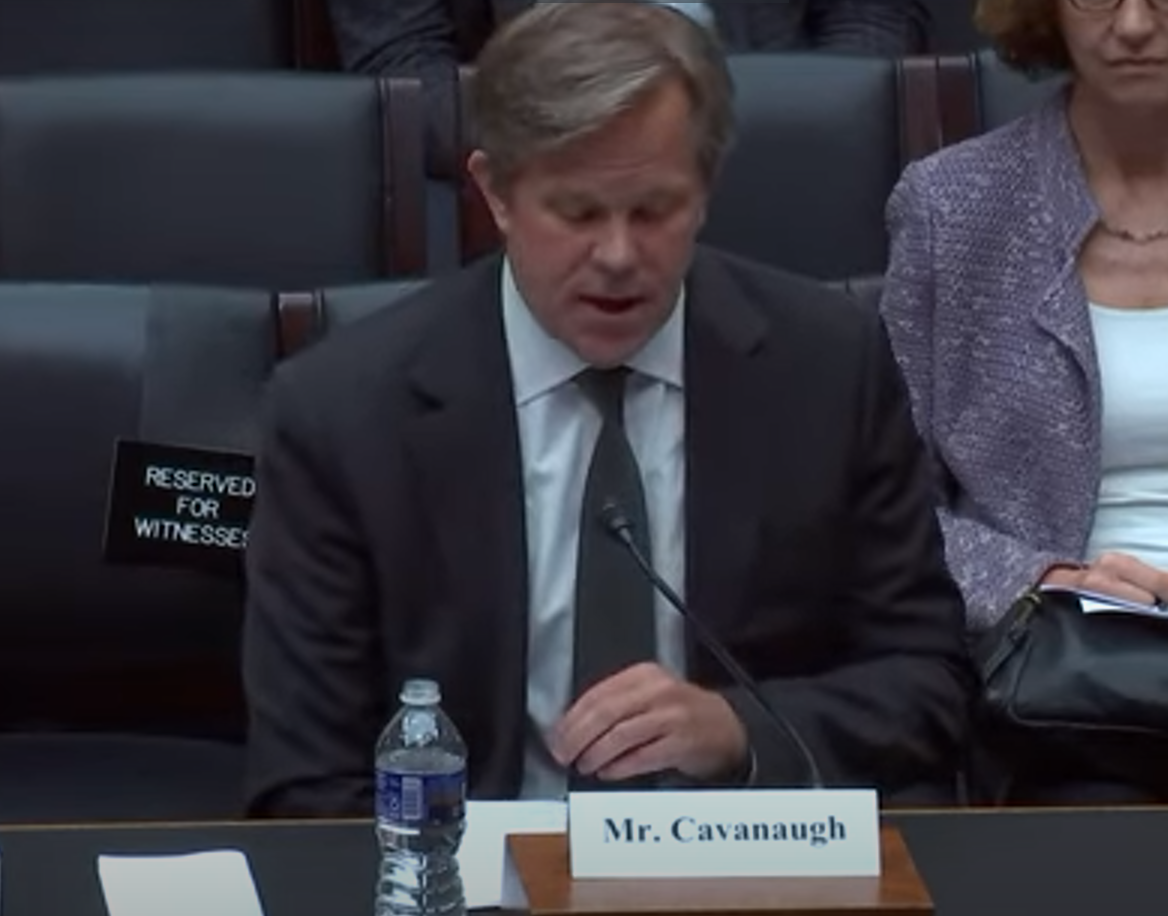
A Dedicated Team of Policy Advocates
What is Policy at Aledade?
Often when people hear “policy,” they think of all of the compliance issues ACOs must ensure they are following. Compliance is important, but policy at Aledade is about the sustainability of independent and community-based practices, primarily through analysis and advocacy.
The policy team is here to analyze any relevant rules, regulations, and legislation that impacts physician-led ACOs – and ultimately advocate for outcomes that work best for practices to not only survive, but thrive.
We Are Your Voice
We get “in the weeds” to comment and influence the rules and regs so you don’t have to….and more broadly, we use real-world data and outcomes from the practices we work with to promote primary care, value-based care, and we advocate for and show the value of independent practices.
Tangible Outcomes

Hot Topics
We get “in the weeds” to comment and influence the rules and regs so you don’t have to….and more broadly, we use real-world data and outcomes from the practices we work with to promote primary care, value-based care, and we advocate for and show the value of independent practices.

Policy Update: DEA Issues New Rule, Navigating Medicaid Redeterminations, Upcoming Webinars
Learn More

Aledade Urges Congress to Foster Competition and Support Independent Primary Care
By Casey Korba, Director of Policy
Learn More

Policy Brief: Addressing the Burden of Prior Authorization Requirements in Independent Primary Care
Learn More

State Policy Program
Aledade’s growing State Policy Program keeps ACO member practices informed of important policy issues in their region and provides a platform for clinicians and practice leaders in independent and community-based primary care practices to inform local policy outcomes.
Published Articles





